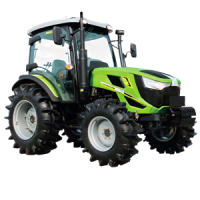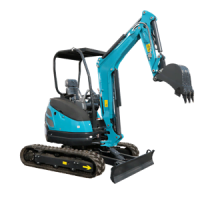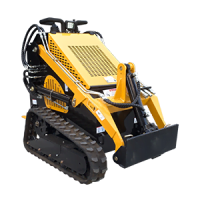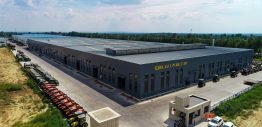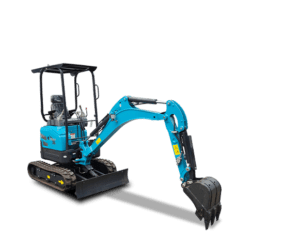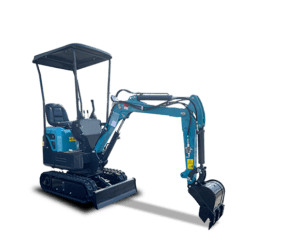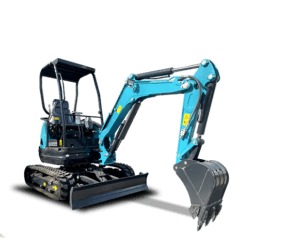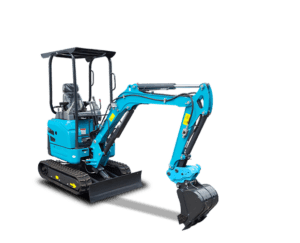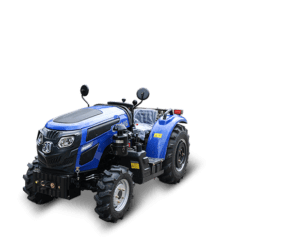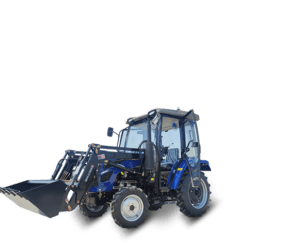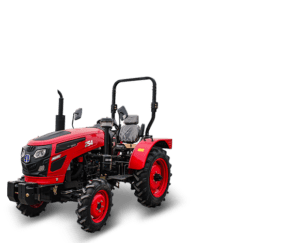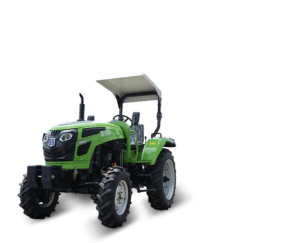Shandong Qilu Industrial Co., Ltd.
Concepteur et fabricant leader mondial d'excavatrices, de chargeuses et de tracteurs agricoles
catégories de produits de machines qilu
Vous proposer une solution raisonnable
Shandong Qilu Industrial Co., Ltd. est un fabricant et exportateur professionnel intégrant le développement et la production de mini-pelles, chargeurs et tracteurs. Nous fournissons le meilleur service, absolument.
Service de pré-vente
Service après-vente
Contrôle de qualité
À propos de nous
Lire la vidéo Qilu
ODM/OEM/VENTE EN GROS
Lire la vidéo du produit
EXCAVATRICE / TRACTEUR / CHARGEUR
Spécialiste en
Pelle / Tracteur / Chargeur
Nous sommes un fabricant et un exportateur professionnels intégrant le développement et la production d'excavatrices, de chargeurs et de tracteurs.
Affichage vidéo de fonctionnement
Sur YouTube, nous avons des vidéos de commentaires de clients, des vidéos de différents modèles d'excavatrices, de tracteurs, de chargeurs. Le tout diffusé sur YouTube.
Voir ce que disent nos clients
Informations en vedette
Benefits of Using a 3 Ton Excavator
In the construction and landscaping industries, the choice of equipment can significantly impact efficiency, productivity, and overall project success. Among various types of heavy machinery, the 3 ton excavator stands out as a versatile and powerful tool. This blog explores the benefits of using a 3 ton excavator, highlighting its key features, applications, and advantages.
Benefits of Owning a Garden Tractor: A Comprehensive Guide
Owning a garden tractor can significantly enhance the efficiency and enjoyment of maintaining your yard.
Benefits of Buying Small Tractors for Sale
In the realm of agricultural and landscape management, the importance of having the right equipment cannot be overstated. Among the various tools available, small tractors stand out due to their versatility and efficiency. This article delves into the myriad benefits of purchasing small tractors for sale, exploring how they can enhance productivity, reduce labor costs, and offer long-term value for various agricultural and landscaping tasks.
Contactez-nous aujourd'hui !
Une question, un devis ou une demande ? Cliquez sur le bouton pour envoyer le message.
Qilu Industrial sera toujours là pour vous aider.

